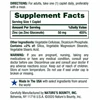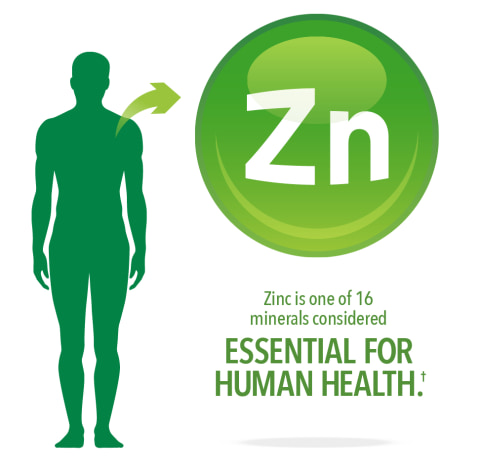- IMMUNE SUPPORT
- Nature's Bounty Zinc 50mg, 400 Caplets.
Natures Bounty Zinc 50mg, 400 Caplets.
Update Terakhir
11 / 10 / 2020
Min. Pembelian
1 Botol
Harga Mulai
Rp. 899.000
Rp. 899.000
Sampai dengan
Rp. 1.250.000
Rp. 1.250.000
Bagikan
Dunia Vitamin, menawarkan produk multivitamin dan mineral yang terlengkap ( vitamin A to Z ), bermutu atau berkualitas terbaik, terpercaya karena semua produk yang kami tawarkan sudah dijual di USA selama 35 tahun dan harga yang bersaing dan terjangkau.
Untuk Pemesanan Silahkan : SMS : 0813 - 8315 - 8716. ATAU Email : [email protected]
GRATIS Pengiriman Untuk : Jabodetabek & Bandung ( minimal pembelian Rp. 3.500.000 )
Untuk Pemesanan Silahkan : SMS : 0813 - 8315 - 8716. ATAU Email : [email protected]
GRATIS Pengiriman Untuk : Jabodetabek & Bandung ( minimal pembelian Rp. 3.500.000 )
Perhatian !
Perusahaan ini terdaftar sebagai Free Member. Hindari melakukan pembayaran sebelum bertemu penjual atau melihat barang secara langsung. COD (Cash On Delivery) atau bertemu langsung dengan penjual merupakan metode transaksi aman yang kami sarankan.
Detail Natures Bounty Zinc 50mg, 400 Caplets.
Nature's Bounty Zinc 50mg, 400 Caplets, Suplemen.
Tampilkan Lebih Banyak

























